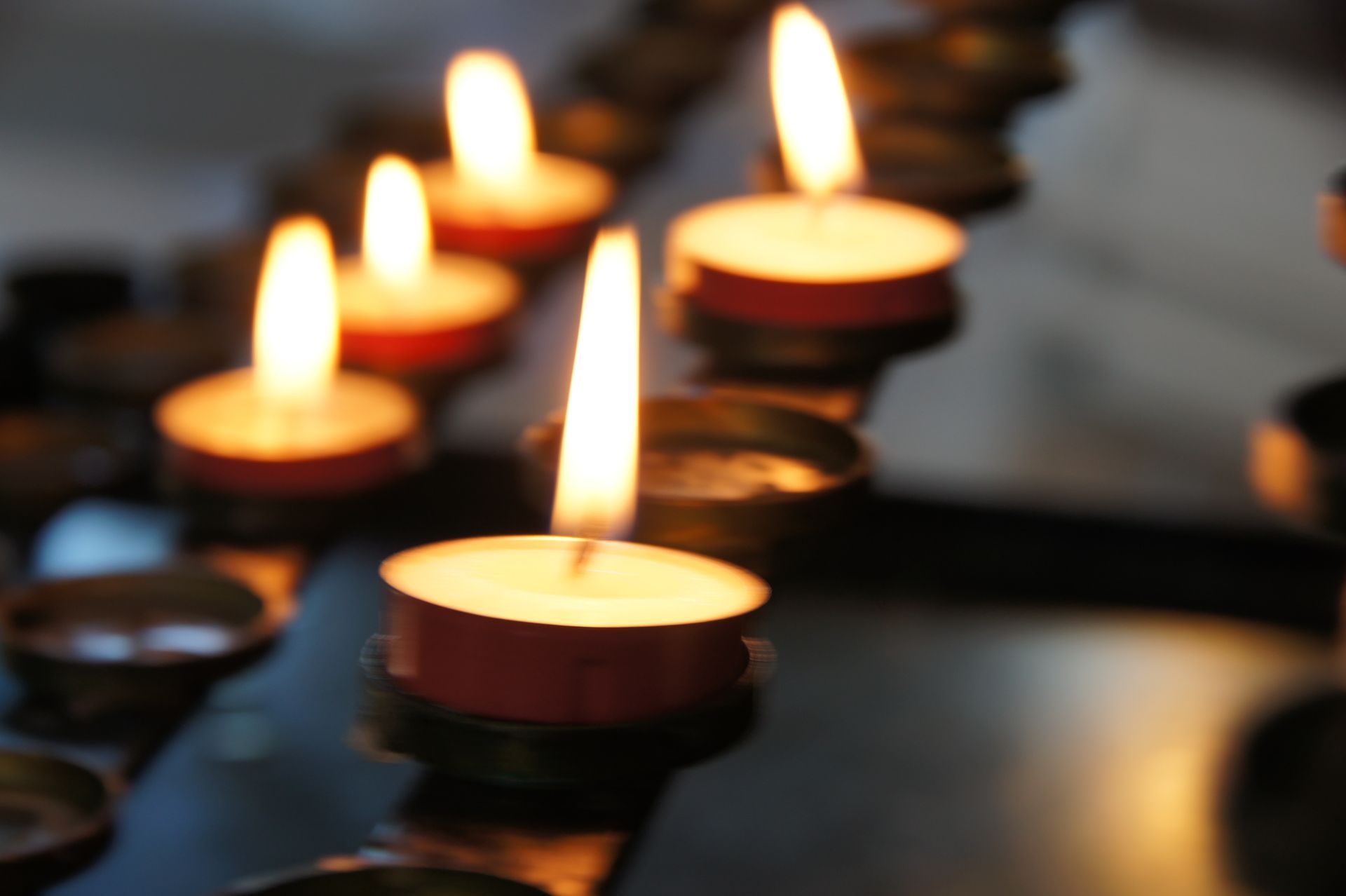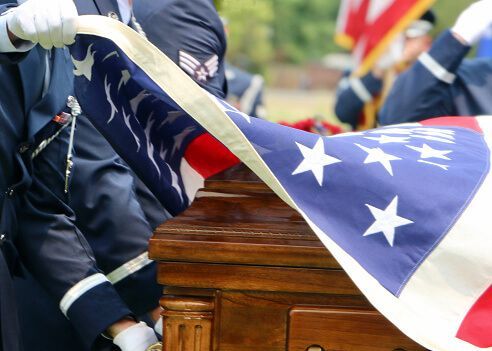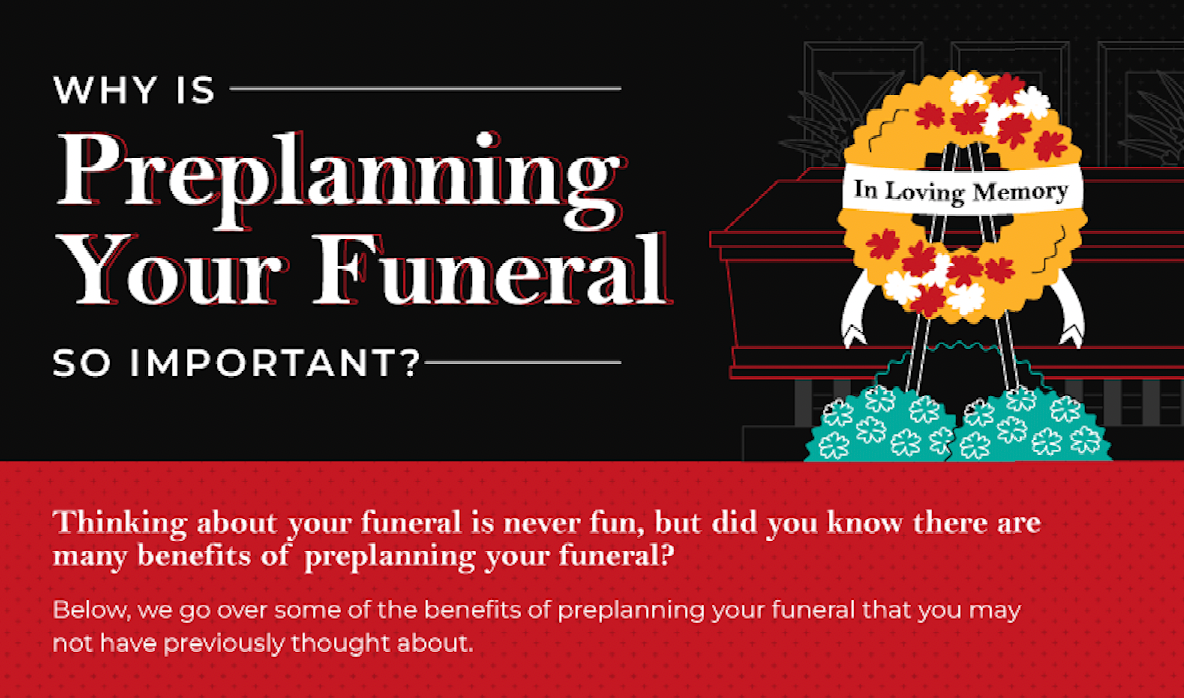Honoring a Life Well-Lived: Expert Tips for Writing an Unforgettable Eulogy
Honoring the life of a loved one is a deeply personal and emotional experience. Writing a eulogy that captures the essence of their journey and celebrates their accomplishments can be a daunting task.
Whether you are a seasoned writer or someone who has never written a eulogy before, the following strategies will empower you to deliver a heartfelt and meaningful tribute that will honor a life well-lived. So, let's begin this journey together and pay our respects in a way that will leave a lasting impact.
The Importance of a Eulogy
A eulogy serves as a final farewell and a way to honor and remember the life of someone who has passed. It is an opportunity to share stories, memories, and reflections that paint a vivid picture of the person's character, achievements, and impact on the lives of others. For those in mourning, a well-crafted eulogy can offer comfort, closure, and a sense of connection. It allows us to celebrate a life well-lived and find solace in the memories and legacy left behind.
Writing a eulogy can be a cathartic process for the speaker as well. It provides an opportunity for them to reflect on their relationship with the deceased, to grieve, and to find healing through the act of sharing their story. It can be a transformative experience that helps to navigate emotions and find meaning in the face of loss.
Before we dive into how to write a eulogy, it’s important to explain the difference between an obituary and a eulogy as many tend to confuse the two. An obituary is a short biography written about the deceased, which is often published online or in a newspaper. It provides details about their life and family while also announcing the funeral services for those who want to attend and honor their life. You can find examples of obituaries here. A eulogy is read at the services, and it is delivered by a loved one, where they praise and share fond memories of the deceased.
Understanding the Purpose of a Eulogy
Before diving into the process of writing a eulogy, it is important to understand its overall purpose. A eulogy is not just a chronological account of someone’s life or a list of their accomplishments. It is a heartfelt tribute that aims to capture the essence of who they were as a person and how they made those around them feel.
A eulogy should highlight the qualities and values that defined the individual. It should showcase their passions, their contributions to the world, and the impact they had on the lives of others. It should be a celebration of their unique personality, their joys, and their triumphs. The goal is to create a eulogy that feels authentic and personal, one that resonates with the audience and honors the memory of the deceased. It should bring comfort to those in mourning that their loved one was cherished by many.
Gathering Information and Stories
The first step in writing a eulogy is to gather information and stories about the person you are honoring. Reach out to those who knew them best, such as family members, friends, and colleagues. Ask them to share their memories, anecdotes, and insights. These personal stories and experiences will help you craft a eulogy that truly captures the essence of the individual.
When gathering information, be mindful of the diversity of perspectives. Different people had a different relationship with them, so they may have different memories and interpretations of the person's life. It’s important to embrace these differences and strive to incorporate multiple perspectives into your eulogy. This will ensure that your tribute is well-rounded and inclusive, reflecting the many facets of the person's character and impact.
Once you have collected the stories and memories, take some time to reflect on them. Look for common ideas, recurring themes, and defining moments in the person's life. These will serve as the foundation for your eulogy, helping you structure your speech and create a narrative that flows seamlessly from one point to another.
Structuring Your Eulogy
Now that you have gathered the necessary information and stories, it's time to outline and add structure to your eulogy. A well-organized eulogy will guide the audience through a journey of remembrance and celebration, allowing them to connect with the person’s life and legacy.
Start your eulogy with an opening that grabs the attention of the audience. This can be a personal memory between you and the deceased, a quote, or a reflection that sets the tone for the rest of the speech. From there, move on to the body of the eulogy, where you will share the stories and memories you have gathered from their loved ones. Arrange them in a logical and coherent manner, grouping similar themes or aspects of the person's life together.
As you move between different sections of your eulogy, use smooth transitions that create a seamless flow. This will help the audience remain engaged and connected. Finally, conclude your eulogy with a closing that leaves a lasting impact. This can be a reflection on the person's legacy, a call to action, such as encouraging donations to the deceased’s most beloved charity, or a heartfelt farewell.
Writing Tips for a Heartfelt and Memorable Eulogy
Writing a eulogy requires a delicate balance of sensitivity, authenticity, and eloquence.
Here are some tips to help you craft a eulogy that will touch the hearts of all those in attendance:
- Be authentic- Share your genuine emotions and reflections and avoid clichés or generic statements. Speak from the heart and let your love and admiration for the person shine through.
- Use vivid language- Paint a vibrant picture of the person's life and character through your words. Use descriptive language and sensory details to bring their stories to life for those in the audience.
- Keep it concise- While it can be tempting to include every memory and story you have gathered, it's important to keep your eulogy concise and focused. Select the most meaningful and impactful anecdotes that truly capture the essence of the person for those to remember them by.
- Choose the right tone- Consider the personality and values of the person you are honoring when determining the tone of your eulogy. It can be serious, humorous, or a combination of both – just make sure to tailor your tone to reflect the unique spirit of the individual.
- Consider your audience- Remember that your eulogy is not just for you, but for everyone in attendance, especially the family. Keep the audience in mind when selecting stories and anecdotes. Ensure that your eulogy is relatable and inclusive and resonates with the experiences and emotions of those listening.
Adding Personal Anecdotes and Memories
One of the most powerful ways to make a eulogy memorable is by including personal takes and memories. These stories offer a glimpse into their character and allows the audience to connect on a deeper level.
When selecting these narratives, choose ones that highlight the person's unique qualities, passions, and achievements. These stories should be relatable and make the audience ‘feel something’.
That being said, be mindful of the emotions these stories may evoke. It's natural for the audience to feel a range of emotions during a eulogy, including sadness, joy, and laughter. Embrace these emotions and use them to create a powerful and meaningful tribute.
Practice and Delivery Tips
Practice is key to delivering a heartfelt and effective eulogy. Take the time to rehearse, preferably in front of a mirror or with a supportive friend or family member. Pay attention to your tone, pace, and any gestures you make. Try to practice maintaining eye contact with the audience and using appropriate pauses for emphasis.
During your practice sessions, be mindful of your emotions. It's natural to feel a range of emotions while delivering a eulogy, and it's important to acknowledge and embrace them. However, try to maintain composure and clarity as you speak as this moment is equally special and important for everyone. Take deep breaths and allow yourself moments of reflection if needed.
On the day of the eulogy, arrive early to familiarize yourself with the space and make sure you feel comfortable. Ensure that any technical equipment you may need is properly set up, and take a few moments to center yourself and gather your thoughts before stepping up to the podium. Remember that your words have the power to touch the hearts of those in attendance.
Honoring the Deceased's Legacy
A eulogy is not just a way to remember and celebrate a person's life, but also an opportunity to honor their legacy. Talk about ways they made a positive impact on the world and the lives of others. Reflect on their values, passions, and achievements, and find ways to incorporate them into your eulogy.
Highlight their contributions to their community, their profession, or any causes they were passionate about. Share stories of how they inspired and influenced others, and encourage the audience to carry on their legacy and find ways to honor their memory in their own lives.
Writing a eulogy is a deeply personal and meaningful task. It requires reflection, empathy, and a genuine desire to honor the life of someone who has passed away. Keep in mind that you have been given the opportunity to create an unforgettable tribute that touches the hearts of all those in attendance and honors a life well-lived.
Lee Funeral Homes is here to help you every step of the way. Serving Prince George’s County and Calvert County, MD, providing caring, dignified service to families in need for over 180 years. Contact us today to see how we can help.












